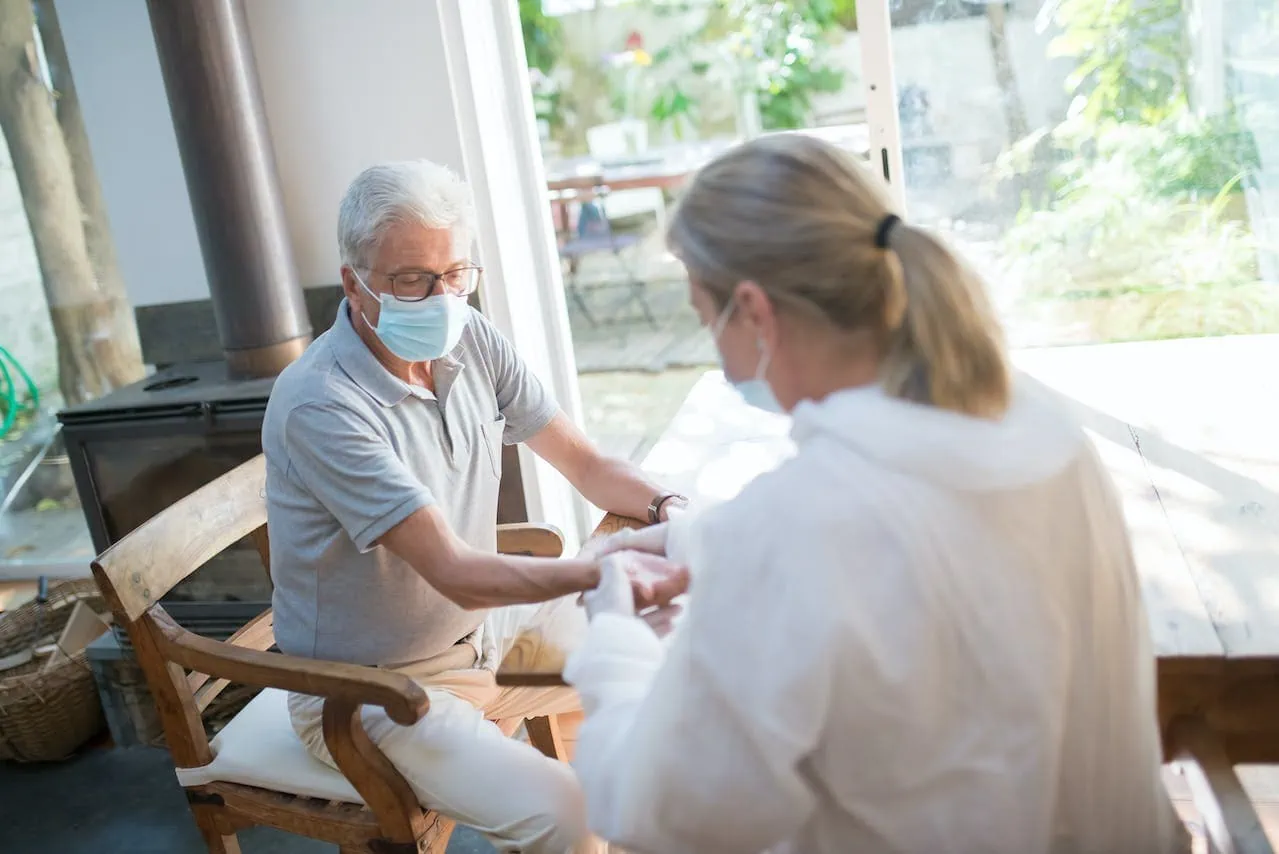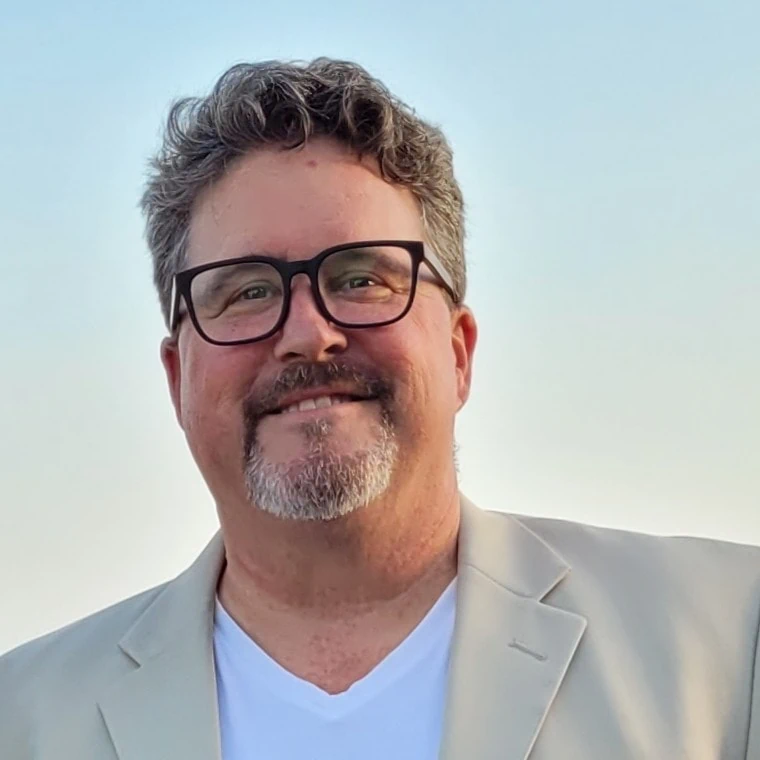
Opioid Use Disorder and Chronic Pain In Older Adults
The intersection of opioid use disorder (OUD) and chronic pain may seem like a complex challenge, particularly in the context of older adults. However, many aging people in recovery can get pain relief when they need it by working with their doctors.
Aging often brings with it an increased susceptibility to chronic pain, leading to a higher prevalence of opioid prescriptions for pain management. Often, this medication helps but is not a solution for chronic issues; the risk of opioid dependence and addiction rises with age. This means that seniors with chronic pain deserve a thoughtful and multifaceted approach to address both chronic pain and substance use disorders.
Opioid Use Disorder and Chronic Pain
Many people who use opioids don’t mean to misuse them in the beginning. Instead, they are often directed to use “as needed” by a doctor with little other instructions. For seniors with multiple health conditions, opioids may provide both physical and mental pain relief.
Why do people develop opioid use disorder? Seniors misuse drugs for the same reason people of other ages do; to relax, to further self-medicate, and because it makes them feel “good”. Misuse of medication may be intentional or accidental. Some people may have trouble keeping track of their drug use due to cognitive issues.
Anyone of any age can have opioid dependence or opioid use disorder (OUD). Opioid use disorder is progressive and can lead to overdose as a user spirals out of control. People with OUD may lie or steal to get more of their drugs. They may skip important events and stay home to get high.
Symptoms of opioid use disorder in elderly people may be excessive sleepiness, incoherence, nodding out, being angry or “on edge” when not medicated, and trying to get more of the drug. They may run out early or frequently “lose” prescriptions, asking the doctor to prescribe them more. OUD makes people susceptible to overdose and organ damage.
Alternative Drug Therapies for Chronic Pain
Opioid use disorder doesn't have to limit options for pain relief.
Many health conditions, from injuries to autoimmune diseases, can cause chronic pain in older people. While opioids have traditionally been a primary method for managing chronic pain, alternative drug therapies can provide effective relief. Spinal pain, one of the most common complaints among aging populations, can often be treated without opioids. Instead, a combination of drugs and physical therapy can help people find relief from the pain.
Non-opioid medications such as nonsteroidal anti-inflammatory drugs (NSAIDs), acetaminophen, and certain antidepressants or anticonvulsants have all been used for chronic pain in older adults. These options can be tailored to the individual's specific needs, minimizing the potential for misusing opioids.
Many therapies, such as mindfulness, can help people deal with stress that can exacerbate chronic pain issues.
Medication-Assisted Treatment (MAT) for Pain Management and Withdrawal
MAT, commonly used in the treatment of opioid addiction, involves combining FDA-approved medications with counseling and behavioral therapies.
MAT can beneficial for older adults dealing with chronic pain and OUD simultaneously, when supervised by medical professionals. Medications like buprenorphine, methadone, or naltrexone can help manage pain while also mitigating withdrawal symptoms and reducing cravings associated with opioid dependence. MAT provides a holistic strategy that addresses both the physical and psychological aspects of opioid use disorder in older individuals.
Sober Senior Living for Comprehensive Care
For older adults in recovery from opioid use disorder, a senior sober living environment offers a supportive and structured setting to maintain sobriety while addressing chronic pain.
These living arrangements often include amenities such as medication management, ensuring that prescribed medications, including those for chronic pain or MAT, are administered safely and as prescribed. Sober senior living communities can foster a sense of camaraderie and shared experiences, promoting a supportive environment that encourages active and healthy living. Here are some more important aspects of sober senior living:
- Structured Support System: A structured daily routine provides a sense of stability and predictability for older residents transitioning to a sober living home. Together, they build a community meant for growth and healing.
- Group Therapy Sessions: Group therapy sessions can create a supportive community where older individuals can share experiences, provide mutual encouragement, and foster a sense of belonging.
- Medication Management Services: Ensuring proper administration of medications, including those for chronic pain or addiction treatment, helps older residents maintain their health and reduces the risk of relapse.
- Recreational Activities: Engaging residents in activities tailored to their interests and abilities fosters a positive environment, reduces stress, and encourages a more a fulfilling lifestyle.
- Counseling Services: Access to therapy sessions provides residents with a safe space to address personal challenges, work through emotional issues, and receive guidance for their unique journey.
- Family Involvement: Encouraging family involvement through scheduled visits and therapy sessions strengthens the support system. It can help people in their golden years repair and reinforce positive relationships, enhancing their overall well-being.
These enrichment strategies collectively contribute to a holistic and supportive environment for older individuals in a sober living home, helping them navigate the transition to a new phase of life with peace and fulfillment. Assisted Living is a new chapter that can be just as fulfilling as any chapter in life. Getting or staying sober in your golden years can give you the best years of your life with your loved one.
Addressing opioid use disorder and chronic pain in older adults requires a comprehensive and tailored approach. By exploring alternative drug therapies for chronic pain, incorporating medication-assisted treatment, and considering the benefits of senior sober living environments, healthcare professionals can better support older individuals in managing their pain while minimizing the risks associated with opioid use.
Learn More About Assisted Living
If you or your loved one is looking for a sober senior living environment, we’re here to help! Our unique programs can help you get the best out of your life and create a new home while you explore retirement. Our community is welcome and focused on health and happiness. Get in touch to learn more about our programs.

